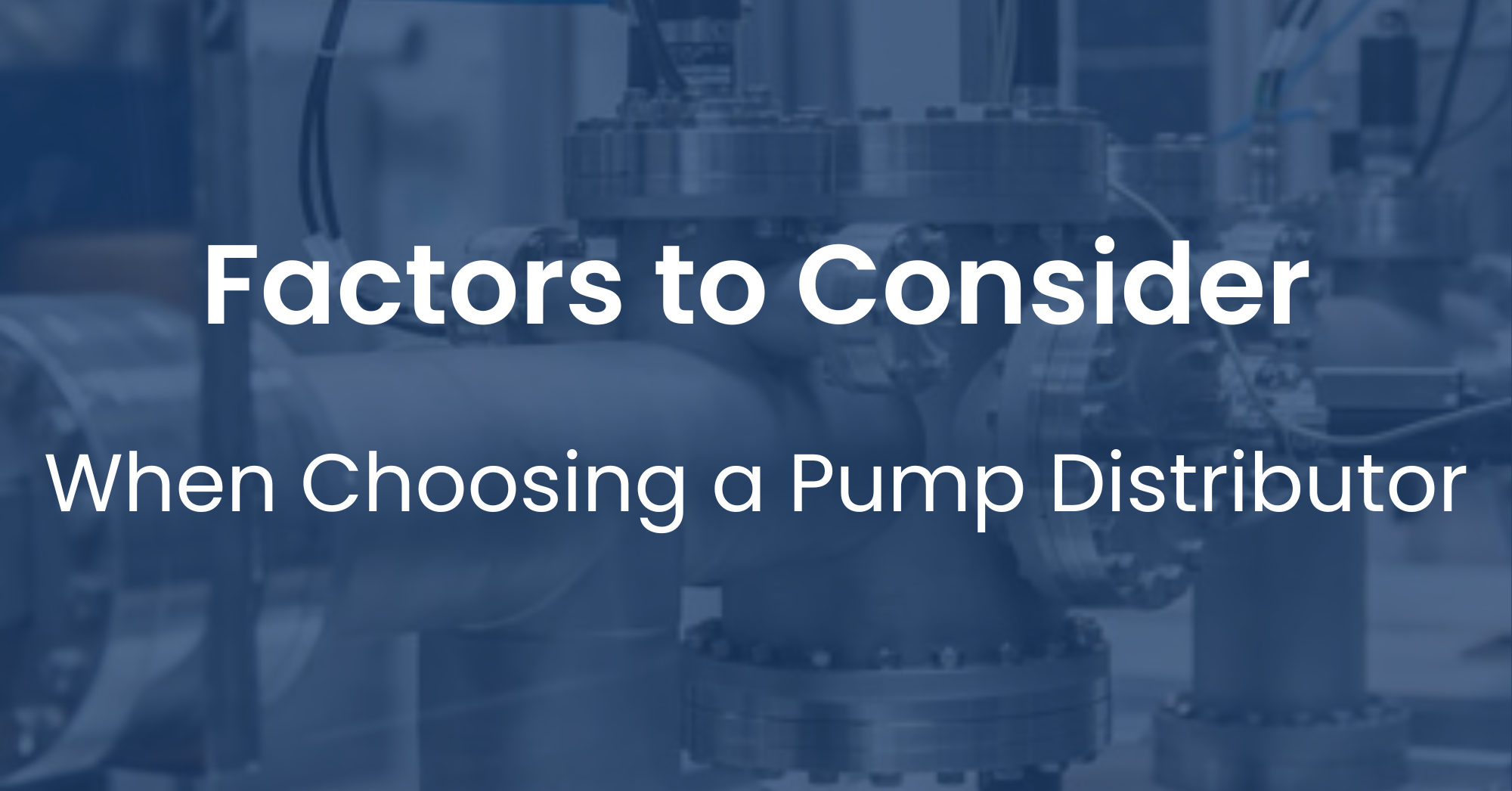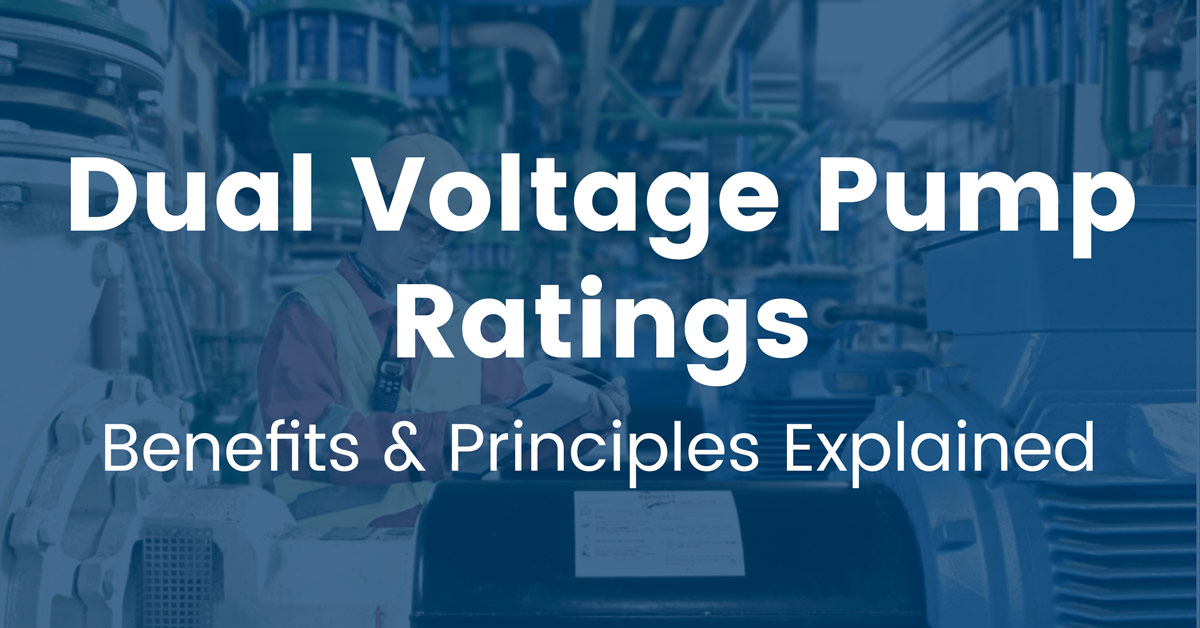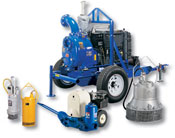Guidelines for Fuel Oil Pump Set: What You Need to Know
Fuel oil pumps play a critical role in moving and pressurizing fuel for heating systems, burners, and other industrial applications. Whether you’re working with commercial boilers, power plants, or residential heating systems, a reliable fuel oil pump ensures safe and efficient operation.
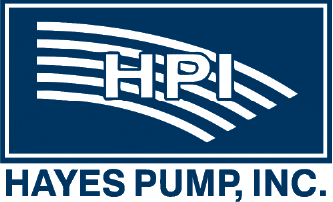



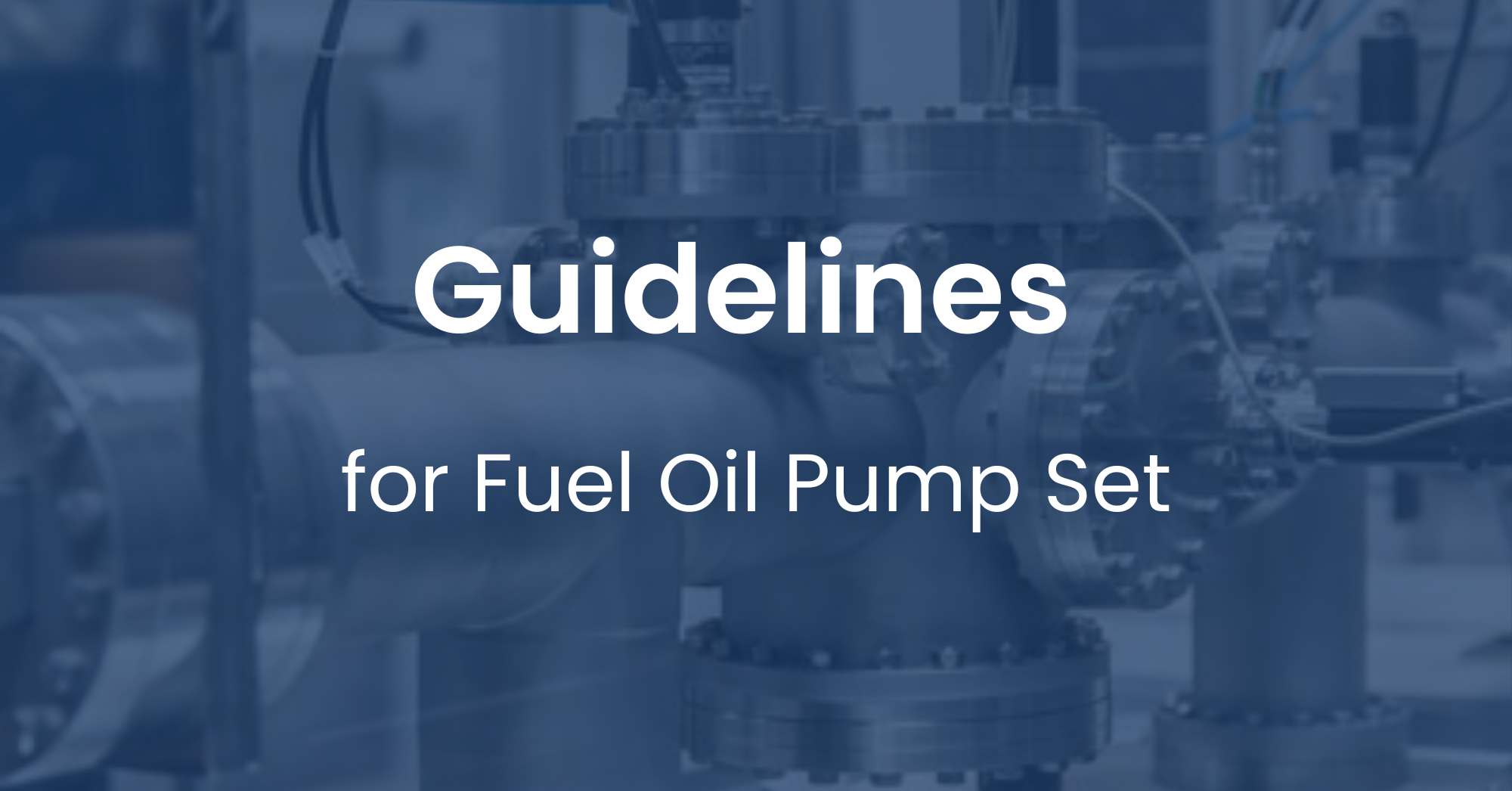
.png)
-1.png)
.png)
